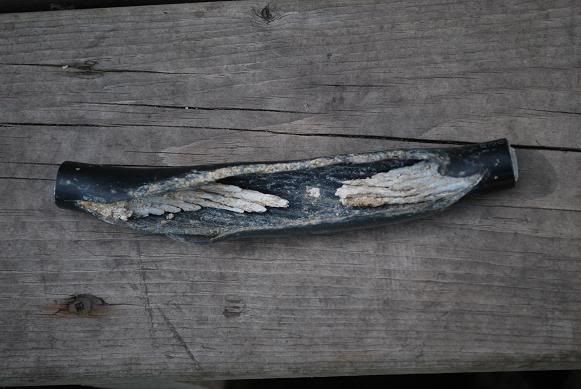JacksonburgFarmer
Senior Member
- Location
- Butler County Ohio
I have a realitivley large project coming up, and I am thinking about using aluminum feeders....
In a search of the forum past posts, I tried to come up with possible issues with this idea, and the only thing I could find is that "aluminum is ok if properly terminated"
In my training/experiance, "properly terminated" for aluminum means to clean, tight connections with proper lugs/connectors, and plenty of De-Ox....
Am I missing something, is there more????
In a search of the forum past posts, I tried to come up with possible issues with this idea, and the only thing I could find is that "aluminum is ok if properly terminated"
In my training/experiance, "properly terminated" for aluminum means to clean, tight connections with proper lugs/connectors, and plenty of De-Ox....
Am I missing something, is there more????


